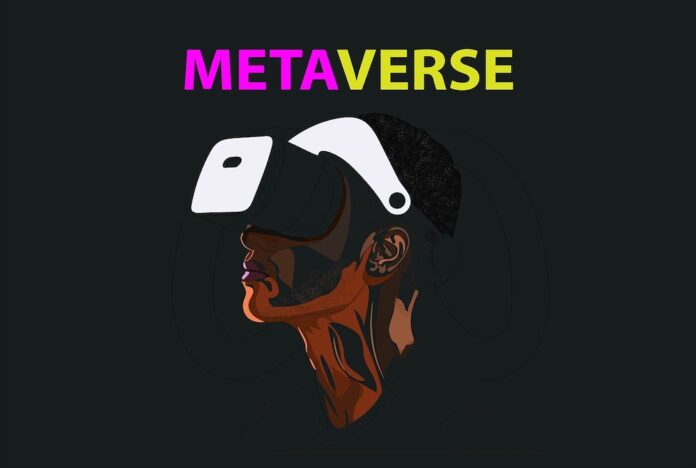Maybe Apple can tempt them?
Consumers seem to have reversed out of virtual reality and augmented reality (VR and AR) according to Bloomberg Intelligence (BI), which attributes this to the twin losses of disposable income in consumers and credibility in the standards of offerings. Immersive experiences could prove fatally expensive, as the investment in equipment could be lost forever in the notoriously fickle ‘video format’ market.
The good news for telcos is that market will recover when a strong dictator emerges, said Bloomberg, which championed the cause of Apple to revive an ailing market with its new model of headset. Once this mythical beast emerges from the mists of the Metaverse, in summer 2023, the elixir for “faster growth in the metaverse” will be available.
Better headsets?
If that happens and better headsets arrive, BI said the global AR/VR market could be worth $615 billion in spending by 2030 with uptake driven by virtual 3D for shopping, events, social media and many consumer apps. However, this projection is based on the assumption that the Metaverse can be monetised by today’s invasive, privacy stealing ‘surveillance marketing’. These tactics could be outdated by then, since they are becoming increasingly opposed by privacy groups such as Reclaim the Net.
Metaverse offerings that use VR and AR devices for immersive 3D experiences beyond gaming for, say shows, shopping and schooling, have more potential to persuade people invest in an expensive headset and immerse themselves in the ether world, according to Mandeep Singh, senior industry analyst for technology at Bloomberg Intelligence.
Critical on consumers’ side
The VR/AR hardware and token- and ad-based revenue will be critical on the consumer side of the supply/demand equation, while the supply of public-cloud infrastructure and VR/AR enterprise software and design are the missing foundation for those desired experiences.
Apple’s new mixed-reality headset is crucial to mainstream adoption, said Singh, and until then industry revenue from the technology’s use for entertainment may be delayed until the VR/AR user base is: “at least 50 million to 100 million.”
For now headsets are too expensive and will be muted by lack of applications and limited opportunity. Innovation will be key to gaining market share.
Naturally companies that invested in Meta systems Platforms are likely to hold their operating and capital spending as immediate profitability elsewhere is a priority, which could be a drag on the metaverse’s pace of development.”
Making money
Still, some companies are making money and Roblox and Decentraland are working for Gucci, Nike and Coca-Cola to create “unique experiences for users to see the brand through a different lens.” The metaverse will be the exclusive domain of the premium brand shopper who will love the exclusivity. This creates the conditions for monetisation.”
Live events are also regarded as a hook that could attract millions of users with “the lure of experiences that defy limitations of the physical world.”



